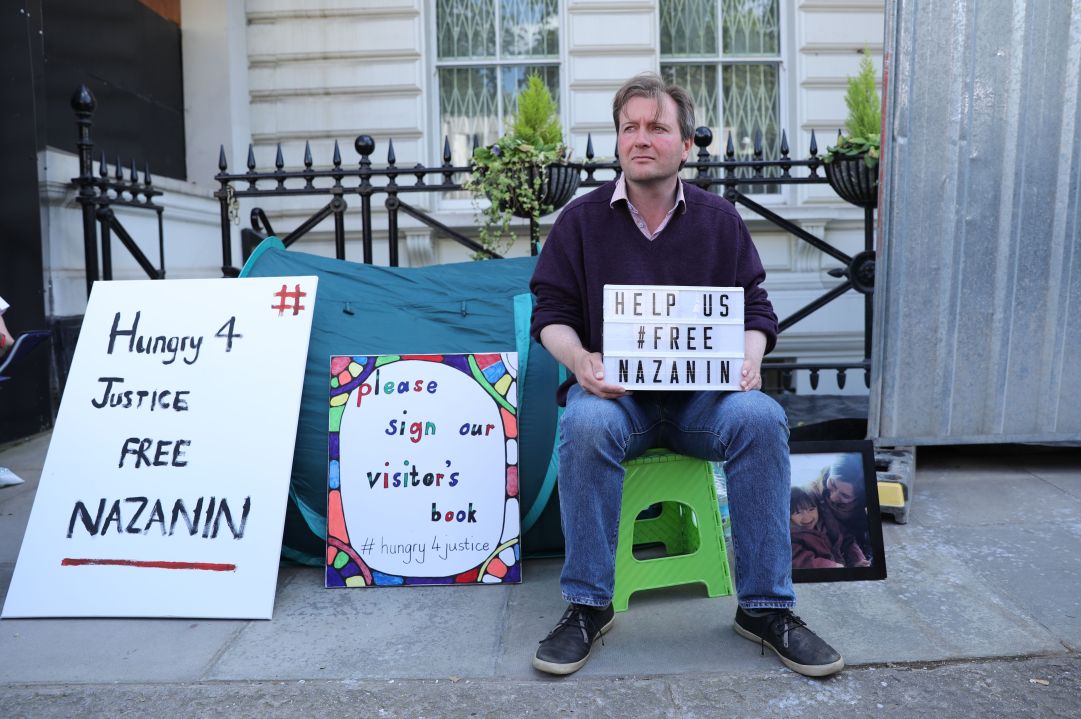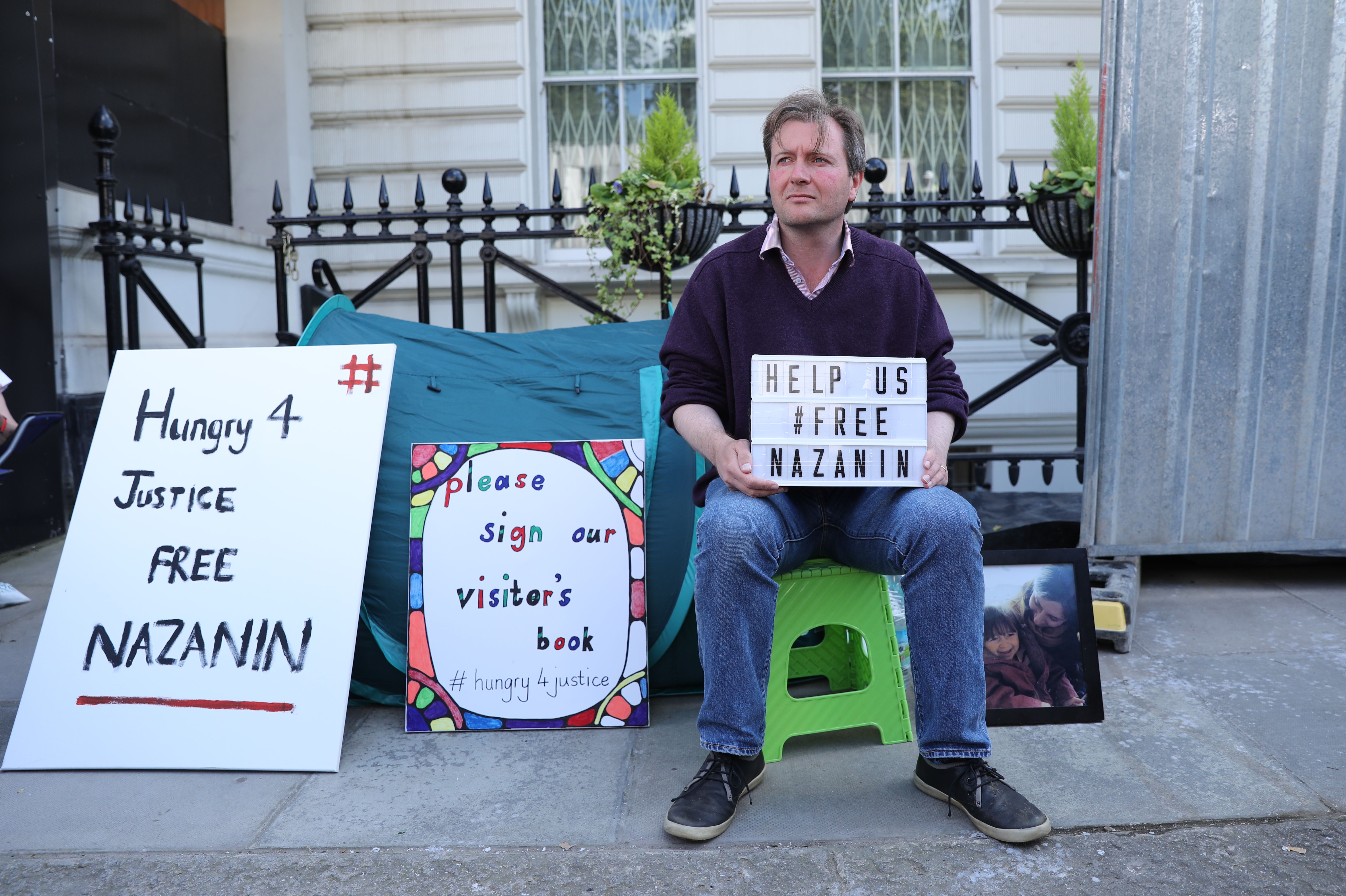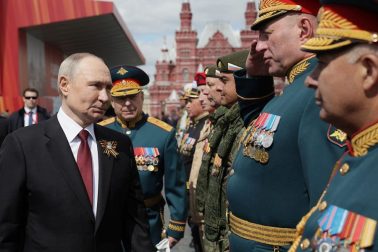In the last days of November, Dr Kylie Moore-Gilbert was released from Tehran’s Evin prison and flown back to a welcome in Australia. A dual Australian-UK national, she had served two years of a ten-year sentence for espionage — pronounced after a secret trial. She had been in Iran for a conference and was detained as she was about to leave. She had strongly protested her innocence.
So why, many Britons might ask, is the Australian-British academic suddenly free after two years in which the Iranian security services tried in vain to ‘turn’ her — while the UK-Iranian dual national, Nazanin Zaghari-Ratcliffe, remains under house arrest in Tehran, with the prospect of another trial and a return to prison. Employed by a media foundation in Oxford, Zaghari-Ratcliffe was detained during a visit to her parents four years ago, and — like Moore-Gilbert — rejects all suggestions of spying.
The answer, alas, to the question of why one woman is free while the other is not, is that Australia was prepared to do a deal.
Britain’s best politics newsletters
You get two free articles each week when you sign up to The Spectator’s emails.
Already a subscriber? Log in







Comments
Join the debate, free for a month
Be part of the conversation with other Spectator readers by getting your first month free.
UNLOCK ACCESS Try a month freeAlready a subscriber? Log in